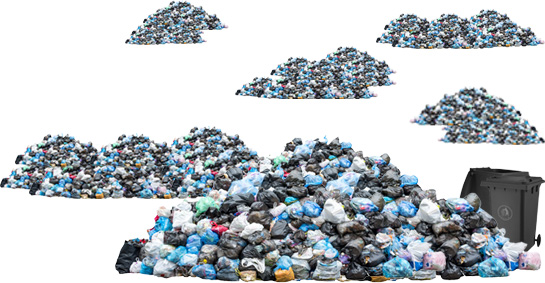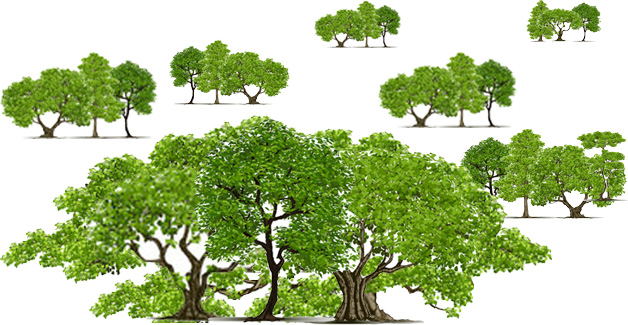EPA
Over one-third of the food produced in the United States is never eaten, wasting the resources used to produce it and creating a myriad of environmental impacts.
Food waste is the single most common material landfilled and incinerated in the U.S., comprising 24 and 22 percent of landfilled and combusted municipal solid waste, respectively. Reducing and preventing food waste can increase food security, faster productivity and economic efficiency, promote resource and energy conservation, and address climate change.
Food waste in the landfill creates methane, which is a powerful greenhouse gas. Over a 20-year period, it is 80 times more potent at warming than carbon dioxide. methane has accounted for roughly 30 percent of global warming since pre-industrial times and is proliferating faster than at any other time since record keeping began in the 1980s.
Legislation:
Legislation that seeks to eliminate all organic material from landfills.
● California
The California State Legislature passed Senate Bill 1383 (SB 1383) which requires cities and counties to reduce organic waste disposal by 75% by 2025.
● New York
Beginning Jan. 1, 2022, New York State requires businesses and institutions generating an annual average of two tons or more of organic waste per week to; a) Donate excess edible food; or b) recycle all remaining organic waste if they are within 25 miles of an organic’s recycler.
● Massachusetts
As of Nov 1, 2022, Massachusetts has banned businesses disposing 1/2 ton or more food waste per week
● Ontario Canada
In Ontario, supermarkets, restaurants and manufacturers (among other businesses) must conduct a waste audit and create a waste-reduction work plan, and update that audit every year under this act. Smaller operations are exempt. The Recycling Council of Ontario (RCO) and the Ontario Ministry of the Environment and Climate Change (MOECC) give businesses advice and information on how to implement a waste diversion program.
Because Of The Amount Of Methane In The Atmosphere
We Are Seeing Legislation In Several States And Provinces In
North America.
Sustainability:
The EPA recommends that you donate your food to a farm for composting. If you are not in a position geographically to do that, then aerobic digestion would be the next best choice to keep your food waste out of landfills or from being incinerated.
Aerobic digestion of food waste is a natural process that occurs in the presence of oxygen. The breakdown of organic waste is accelerated by the process inside the Syker reaction chamber. The digested waste is transformed into gray water that can be sent to water treatment facilities. In some cases, it can be reused.
If you are not donating your food for composting, or not having it hauled to an anaerobic digestion facility, or breaking it down aerobically, then your food waste will end up in the landfill or even worse, incinerated.
Why Syker:
Here is a recent quote from the Ontario Ministry of the Environment and Climate Change (MOECC)
“The Ministry Recognizes The Environmental And Economic Benefits That Technologies Such As Digestion Can Play”
Syker Systems mission is to transform food waste management with our innovative food waste digesters. Our systems provide immediate and eco-conscious solutions right where the waste is generated, positively impacting the environment and your organization. Syker Systems provides a sustainable solution to food waste management, thereby reducing the impact on landfills and helping to minimize greenhouse gas emissions.
If your location puts you in a position where you cannot donate your food waste then you might need an aerobic digester to keep your food waste from entering the landfill. Unlike our competitors Syker has made onsite aerobic digesters affordable for your organization.
Syker food waste digesters are for industrial use and require a minimum of 35 kg or 80 pounds of food waste per day.
- If you are looking for home systems try the Green Cone for your backyard.
- If you are serving over 300 meals per day or more at your location then you might have enough food waste to start using a Syker food waste digester.


